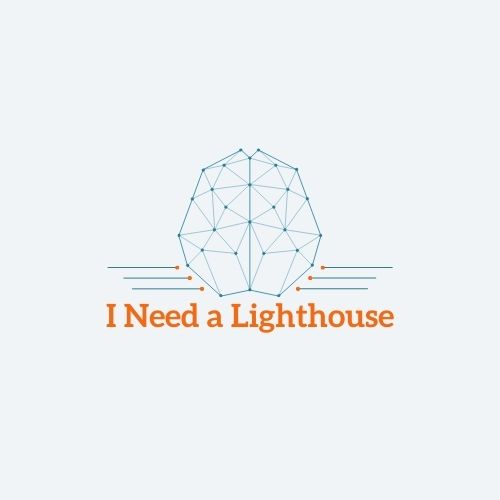Addiction is a complex and challenging condition that often requires professional intervention for successful recovery. Therapy plays a vital role in addiction treatment by providing individuals with the tools, support, and guidance necessary to overcome substance abuse and sustain long-term recovery.
In this article, we will explore the different types of therapy commonly used in addiction recovery and the numerous benefits they offer.
Individual Therapy
Individual therapy, also known as one-on-one therapy, involves private sessions between a therapist and an individual seeking treatment for addiction. This form of therapy provides a safe and confidential space for individuals to explore their thoughts, emotions, and behaviors related to substance use. The therapist works collaboratively with the individual to develop personalized treatment plans and address underlying issues contributing to addiction. Individual therapy techniques may include:
- Cognitive-Behavioral Therapy (CBT): CBT focuses on identifying and modifying negative thought patterns and behaviors associated with addiction. It helps individuals develop healthier coping mechanisms, challenge distorted beliefs, and acquire skills to prevent relapse.
- Motivational Interviewing (MI): MI is a client-centered approach that aims to enhance an individual’s motivation to change addictive behaviors. Therapists using MI employ empathy, active listening, and open-ended questions to help individuals explore their ambivalence about substance use and increase their readiness for change.
Group Therapy
Group therapy involves a therapist-led session with a small group of individuals in recovery. It provides a supportive and empathetic environment where individuals can share their experiences, challenges, and successes with others who have faced similar struggles. Group therapy offers several advantages:
- Peer Support: Group therapy fosters a sense of community and support among participants. Individuals can relate to one another’s experiences, offer insights, and provide encouragement, reducing feelings of isolation and stigma.
- Feedback and Accountability: Group members can provide constructive feedback, hold each other accountable, and offer different perspectives on recovery challenges. This collective input can enhance personal growth and promote self-awareness.
Family Therapy
Addiction often affects not only the individual struggling with substance abuse but also their loved ones. Family therapy involves sessions that include family members to address relationship dynamics, improve communication, and promote healing within the family unit. Key benefits of family therapy include:
- Enhanced Understanding: Family therapy helps family members gain insight into addiction as a disease and understand the factors contributing to substance abuse. It reduces blame, fosters empathy, and promotes healthier family dynamics.
- Rebuilding Support Systems: Family therapy assists in rebuilding a supportive network for the individual in recovery. It educates family members about addiction, relapse prevention, and ways they can contribute positively to their loved one’s journey.
Holistic Therapies
In addition to traditional therapy approaches, holistic therapies are gaining recognition for their effectiveness in addiction recovery. These therapies address the individual’s overall well-being and focus on healing the mind, body, and spirit. Examples of holistic therapies include:
- Mindfulness and Meditation: Mindfulness practices cultivate present-moment awareness, helping individuals manage cravings, reduce stress, and develop a greater sense of self-control. Meditation techniques promote relaxation, emotional regulation, and improved self-awareness.
- Art Therapy: Art therapy utilizes creative expression as a therapeutic tool. It allows individuals to explore their emotions, enhance self-esteem, and develop healthier outlets for self-expression.
Conclusion
Therapy plays a critical role in addiction recovery by providing tailored interventions, support, and guidance to individuals seeking to overcome substance abuse. Individual therapy, group therapy, family therapy, and holistic therapies each offer unique benefits that contribute to long-term recovery success.
By embracing therapy as an integral part of the treatment process, individuals can gain the necessary tools, insights, and coping mechanisms to break free from addiction and build fulfilling, substance-free lives.

